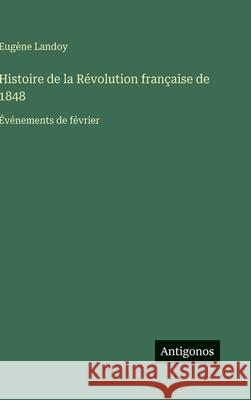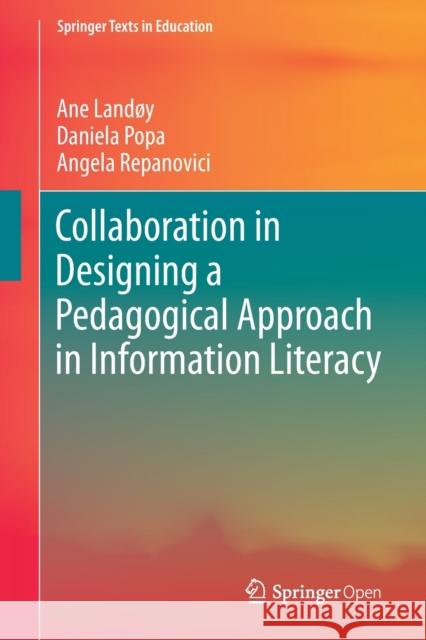topmenu
Wyniki wyszukiwania:
wyszukanych pozycji: 2
 |
Histoire de la R?volution fran?aise de 1848: ?v?nements de f?vrier
ISBN: 9783563019788 / Francuski Termin realizacji zamówienia: ok. 16-18 dni roboczych. |
cena:
251,73 |
 |
Collaboration in Designing a Pedagogical Approach in Information Literacy
ISBN: 9783030342579 / Angielski / Miękka / 2019 / 161 str. Termin realizacji zamówienia: ok. 16-18 dni roboczych. |
cena:
201,72 |










